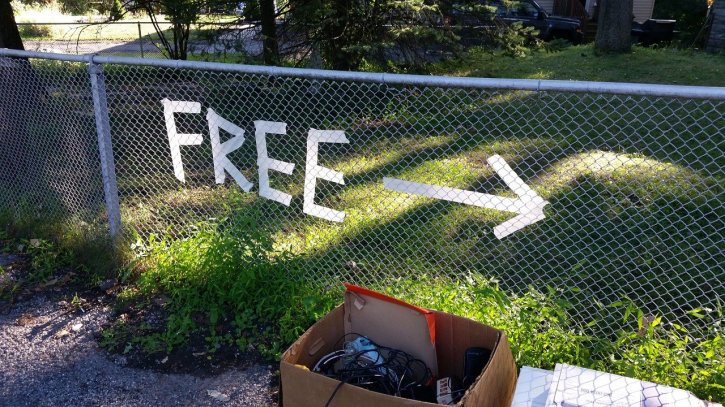
Photo: Sue Vincent
There was nothing wrong with her beyond that she could not abide much in the way of interference, and had always preferred the company of fair-folk and the song of wind and dust-in-light to the over-stimulating presence of other humans.
She’d gotten through the requisites of growing up: the schools, the get-togethers, the expectation of having friends, the beck and call of work one needed in order to make a living. She’d endured the close proximity when needful, but mostly let the din of people’s voices wash over her like an avalanche, while she curled up inside her mind and sustained herself on preserved pockets of precious solitude.
Most wouldn’t have believed her had she laid bare her wistfulness for isolation. Or perhaps some would have, but had never said it. She did not much care to find out which of the two or neither it was.
Three decades had passed and the half of another, before she began wondering if she’d live to see the exit of another year or self-combust under the pressure of life’s demands for what felt like constant interaction.
Then Aunt Carolina passed. She left behind a small fortune in savings bonds and an old house no one would have wanted. The latter was to be torn down and the land sold to become someone else’s problem.
Or so the estate managers thought.
Cilia fought them with a ferociousness that surprised her at least as much as it had anyone who’d ever known her. It wasn’t that she’d been a pushover till then, only that she had never found it worth the effort to try and exchange one relative discomfort with another. This was different.
This house was what she suddenly did not know how she had ever lived without.
In the end they relented after she gave up all claims to any of the funds Aunt Carolina had left. She’d get only the cottage and its contents. None of her cousins — not even Marley-the-Meddler — objected. Their share grew with her out of the pie.
The attorney warned her that the house would sooner gobble up what savings she had than be a home that could house her. “The gloomy place is centuries old,” he warned. “It doesn’t even have running water.”
“Aunt Carolina had lived there till she died,” was her retort.”She bathed. I’ll manage.”
She did much more than that.
For the first time in her life she could feel herself actually breathing.
The garden’s stone walls wrapped around her like a hug of moss and ancient patience. The cottage creaked and cracked and breathed as if it was itself alive with memories and whispered sighs of times before. And she did not have to explain to anyone how none of that was a menace. The walls held echoes of calm solitude. The garden wreathed itself in growth. The birds chirped. The kits of a fox mewled. The silence gleamed.
She knew why Aunt Carolina had refused to leave.
“We are like twins stretched over several generations,” she murmured into the fire as the wind whistled in the chimney and the elves made a racket in the trees outside her door. “You must have known, someplace, that I will need to find this. As you had, in your time.”
She stretched her feet and giggled at the big toe that the hole in her sock had liberated. A wooden box sat, heavy, in her lap.
She’d come across it in the crawlspace earlier that afternoon. She’d climbed up after a noise she thought was a squirrel’s nestlings. Instead she found a loose board, half-an-inch of dust, and a pile of rags atop a box.
“The house and all its contents,” she smiled in recollection of Aunt Carolina’s will. “I should have known you’d leave more than enough behind to keep the roof above us for another eon.”
For the Sue Vincent’s WritePhoto Challenge







You must be logged in to post a comment.